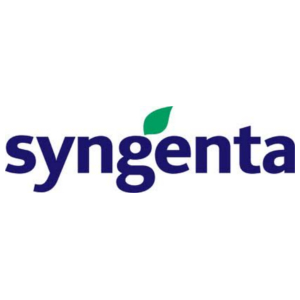How Syngenta work?
Syngenta is a global agricultural technology company headquartered in Basel, Switzerland, with operations in over 90 countries and a workforce exceeding 30,000 employees . The company focuses on developing technologies and farming practices that empower farmers to feed the world’s population while preserving the planet.
Core Operations
1. Crop Protection and Seeds
Syngenta develops and markets a range of crop protection products, including herbicides, fungicides, and insecticides, as well as seeds for various crops. These products are designed to help farmers increase crop yields and protect against pests and diseases .
2. Digital Agriculture
The company integrates digital tools and artificial intelligence to enhance farming practices. For instance, Syngenta’s “Farm of the Future” in the U.S. tests technologies like seed-selection algorithms, sensors, and drones to optimize crop production
3. Sustainability Initiatives
Syngenta is transitioning towards regenerative agriculture, focusing on soil health and sustainable farming practices. The company collaborates with AI firms to develop biostimulants that improve plant resilience, aiming to reduce the reliance on chemical fertilizers .
Business Model
Syngenta’s revenue streams include the sale of high-quality seeds, crop protection chemicals, and agricultural services. Additionally, the company offers digital agriculture solutions, which encompass subscription-based models for accessing advanced analytics and precision farming tools .
Research and Development
The company invests in research across various areas, from controlling insects to plant breeding. Syngenta’s Advanced Crop Lab in Durham, North Carolina, simulates different climate conditions to evaluate how new crops might thrive amid climate change
Controversies and Challenges
Syngenta has faced controversies, particularly regarding the environmental impact of its products. For example, the company has been criticized for its role in keeping the herbicide paraquat on the market despite health concerns . Additionally, its ownership by the Chinese state-owned enterprise ChemChina has raised concerns in countries like the U.S. over national security and foreign influence in agriculture .

